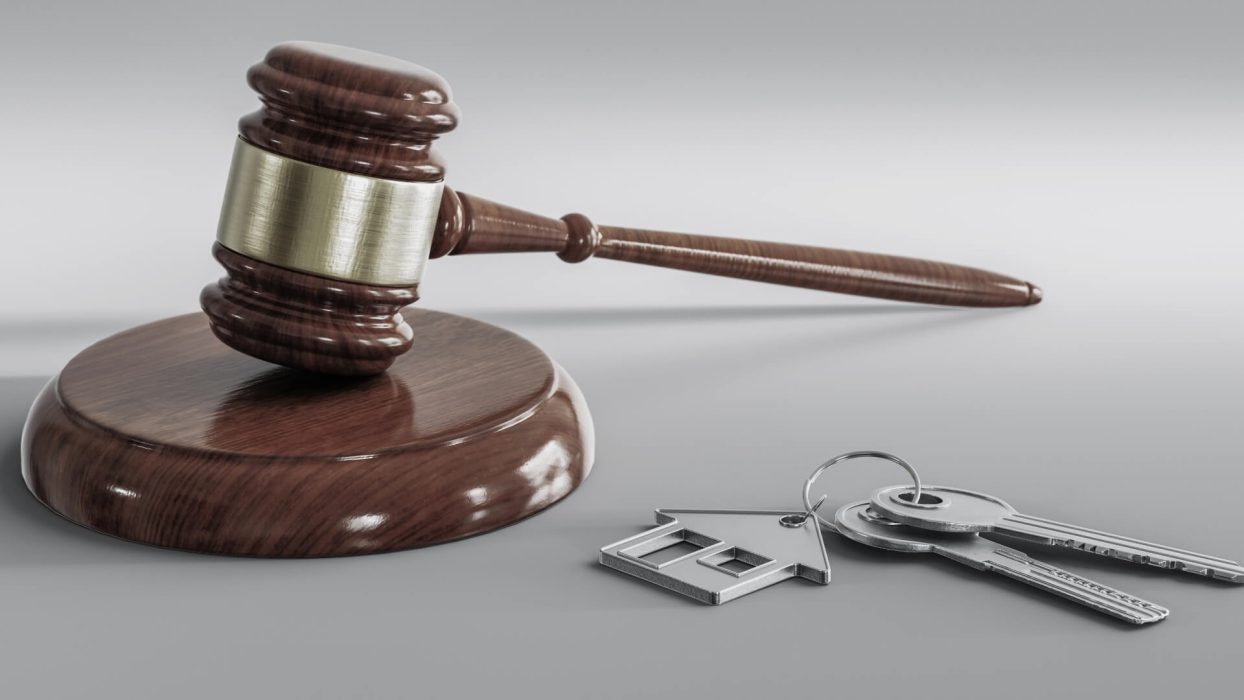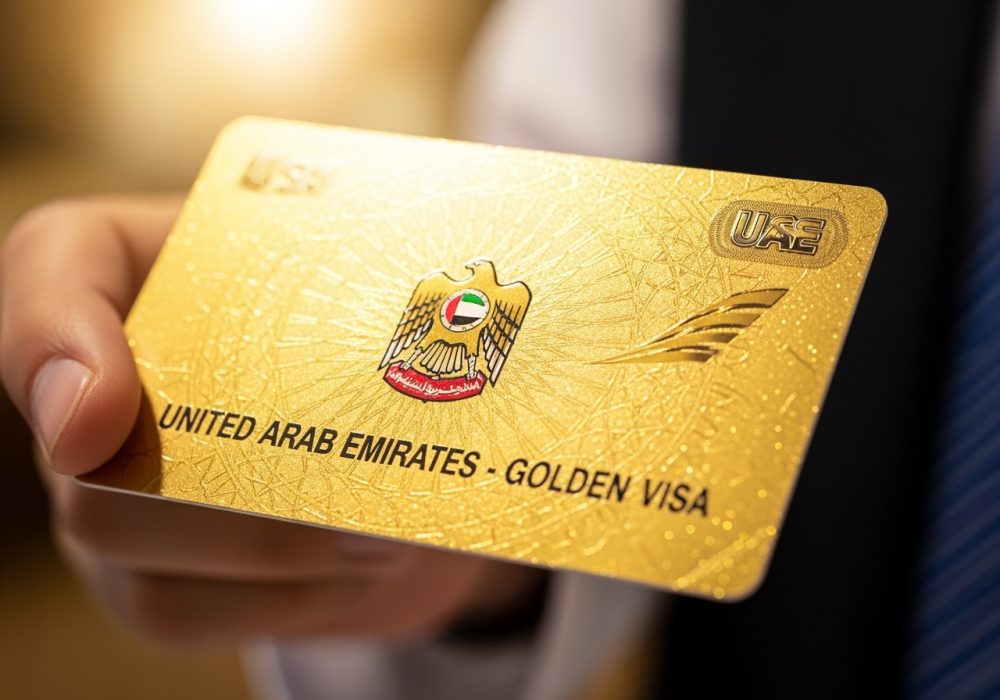With so many investment options, Dubai’s real estate market has consistently attracted overseas buyers. Expats looking to purchase property in Dubai must be prepared. Knowledge of the laws and rules controlling real estate transactions is essential.
This article provides the information you need for a seamless and knowledgeable purchasing procedure. We offer an in-depth examination of the main features of Dubai real estate regulations for expats.
Overview of Dubai Property Laws
Property Ownership Laws in Dubai
Expats can own property in some freehold regions of Dubai. Among these are well-known neighborhoods which include Palm Jumeirah, Downtown Dubai, and Dubai Marina. These zones allow unrestricted buying, selling, and leasing of properties by foreigners. By complying with property ownership regulations you will also protect your investment.
Comparing Leasehold and Freehold
Dubai has options for both leasehold and freehold real estate. Ownership rights over freehold properties provide full ownership, which includes control over the land. By contrast, leasehold properties provide long-term leases without land ownership, usually for up to 99 years.
Choosing between freehold and leasehold homes is possible. Your decision should be based on your long-term objectives and preferences.
Regulatory Bodies and Laws
RERA Regulations in Dubai
Supervising Dubai’s real estate market is the Real Estate Regulatory Agency (RERA). RERA controls transactions, guarantees openness, and defends the rights of all parties. Getting to know RERA rules is essential for a seamless property acquisition.
DLD, or Dubai Land Department
Overseeing real estate transactions and in charge of property registration is the Dubai Land Department (DLD). Every property transaction is guaranteed by the DLD to be carried out lawfully and openly. Recognizing the function of the DLD and its protocols is crucial. This understanding allows expats to effectively navigate the property purchase process.
Foreign Ownership Rules in Dubai
Foreign nationals are permitted to own property in some freehold districts of Dubai. Still, foreigners have to adhere to particular rules and processes when buying freehold property in Dubai. Ensuring adherence to these regulations is essential to protect your property investment and stay out of legal hot water.
Property Purchase Process
Property Search and Selection
Locating the ideal home in Dubai is the first step in buying real estate there. Expatriates can find homes that suit their requirements and tastes by working with respectable real estate brokers and developers. Before deciding, it is important to carry out careful investigation and due diligence.
Legal Documentation
Legal paperwork comes next once a property is chosen. This comprises the conditions of the sale as specified in the Sale and Purchase Agreement (SPA). Ensuring the SPA is in line with their interests and with Dubai property regulations is critical. Expats should have the agreement examined by a lawyer.
Payment and Financing
Purchases of real estate by expatriates might be financed by bank loans, developer financing, or personal cash. It’s important to know the payment schedule, including installment plans and deposit requirements. Further expenses, like taxes and registration fees, should also be known to expatriates.
Property Registration
Buying a property requires registration with the Dubai Land Department as the last stage. It takes completing the necessary paperwork, paying the registration costs, and getting the title deed to complete this procedure. Legal title and purchasing rights are guaranteed by property registration.
Dubai Property Tax Laws and Rates

Statutes Governing Dubai Property Tax
One of the reasons why Dubai is a popular place to invest in real estate is because it does not levy property taxes. Expats should be mindful of other costs, though. Including the 4% of the purchase price of the property that is the Dubai Land Department registration fee. Accurate financial planning depends on knowing these expenses.
Service Charges
Residential community common spaces maintenance and upkeep are the responsibility of property owners in Dubai. The type and location of the property determine these fees. Service fees should be included into the total cost of purchasing a property for expatriates.
Property Transfer Fees
Expats selling a home have to pay the Dubai Land Department transfer fees. Normally shared between the buyer and seller, these costs amount to around 4% of the transaction price of the property. For expats who intend to sell their homes in the future, knowing transfer costs is essential.
Inheritance Laws for Expat Property Owners
Understanding inheritance laws is crucial for expatriate property owners in Dubai. The United Arab Emirates’ inheritance laws are primarily based on Sharia principles. These can differ significantly from those in many expatriates’ home countries. This disparity can potentially impact how property is distributed upon the owner’s death.
Importance of Estate Planning
Given the complexities of inheritance laws in Dubai, expatriate property owners should prioritize estate planning. This involves:
- Consulting with legal experts familiar with both UAE and home country laws.
- Creating a comprehensive will that covers all assets, including those outside Dubai.
- Regularly updating the will to reflect changes in personal circumstances or asset holdings.
- Considering the establishment of trusts or other legal structures to manage asset distribution.
Legal Insights for Dubai Property Laws

Engagement of a Real Estate Lawyer
It is strongly advised for foreigners buying property in Dubai to consult a real estate attorney. An attorney may check contracts, offer insightful advice, and guarantee that Dubai property rules are being followed. This stage can assist to reduce risks and safeguard the interests of the buyer all along the way.
Power of Attorney
A trustworthy representative can be given Power of Attorney (POA) by expats. This is in case you are unable to be physically present in Dubai to finish property deals. By enabling the representative to speak for the buyer, POA guarantees a seamless and effective transaction. It is imperative to write a precise and legally enforceable POA.
Dispute Resolution
Foreign nationals may file claims with various organizations. Including the Dubai International Arbitration Centre (DIAC) or the Rental Dispute Settlement Centre (RDSC) of the Dubai Land Department. Expats who are aware of the dispute resolution procedures at their disposal can handle problems efficiently. This safeguards their property rights.
Legal Property Tips for Expats
Research and Due Diligence
Buying property in Dubai requires doing extensive investigation and due diligence. Before purchasing, expats should check the developer’s track record, go over the property paperwork, and see the property. This stage contributes to a secure and knowledgeable investing choice.
Working with Reputable Property Experts
Purchasing a home can be made easier by partnering with respectable property experts. Real estate professionals, such as the team at Ellington Properties, can help with property search and selection. We can offer insightful advice, and walk foreigners through the legal and regulatory hurdles. Smooth transactions are supported by the careful selection of a property partner.
Understanding Market Trends
Keeping up with the developments in the Dubai real estate market will enable foreign investors to make informed decisions. Tracking variables like future developments, demand-supply dynamics, and property prices yields insightful information. Knowledge of market developments can improve the results of investments.
Budgeting and Financial Planning
Foreigners buying real estate in Dubai are recommended to conduct their financial planning and budgeting appropriately. Expats should factor in all expenditures, such as the cost of the purchase, registration, servicing, and maintenance. A well-organized budget safeguards stability of finances and a stress-free property purchase.
Keeping Up to Date With Dubai Property Laws
For expats wishing to participate in the real estate market in Dubai, knowledge of the rules is essential. Be sure to stay on top of the regulations governing property. Expats can then protect their investment and make educated choices. We hope this information helps you become familiar with the legal system, regulatory agencies, and buying procedure.
Ellington Properties is dedicated to offering expats who are negotiating the Dubai real estate market comprehensive direction and assistance. Explore our selection of freehold homes, then confidently start your Dubai property investment adventure.







